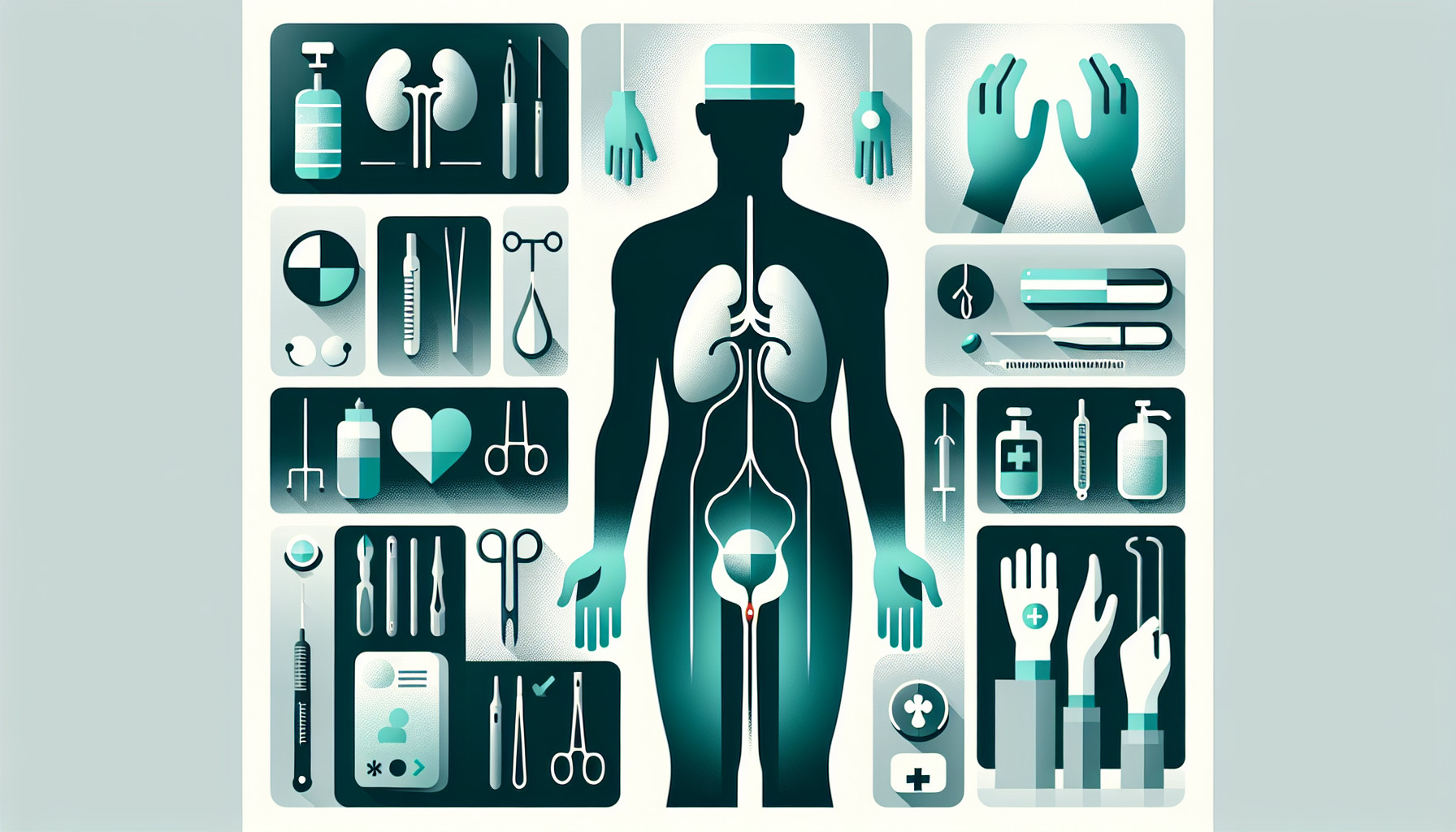Our Summary
This research paper investigates the rates of kidney injury in children who have had one of their kidneys removed, a procedure known as unilateral nephrectomy. The study aimed to determine which children are most at risk of kidney injury, and if the reason for the nephrectomy (due to a birth defect, cancer or other condition) affects this risk.
The researchers reviewed over 5000 articles, and included 53 studies in their analysis which reported on more than 4000 patients. They found that over 10% of these patients showed signs of kidney injury, such as protein in the urine, high blood pressure, or a decreased rate of kidney function.
However, they found no clear difference in injury rates based on the reason for the nephrectomy. This suggests that all children who have had a nephrectomy, regardless of the reason, need regular check-ups to monitor their kidney health.
FAQs
- What is the procedure called when a child has one of their kidneys removed?
- Does the reason for the nephrectomy affect the risk of kidney injury in children?
- What percentage of children showed signs of kidney injury after undergoing a nephrectomy according to the study?
Doctor’s Tip
One helpful tip a doctor might give to a patient who has had a nephrectomy is to maintain a healthy lifestyle, including staying hydrated, eating a balanced diet, and avoiding smoking and excessive alcohol consumption. Regular exercise and maintaining a healthy weight can also help protect the remaining kidney and overall kidney function. It is important to follow up with regular check-ups and monitoring of kidney function to catch any potential issues early.
Suitable For
Patients who are typically recommended for nephrectomy include those with kidney cancer, severe kidney infections or abscesses, kidney stones that cannot be treated with other methods, severe kidney damage or dysfunction, and kidney donation for transplant. Additionally, individuals with certain congenital conditions such as polycystic kidney disease or kidney abnormalities may also be recommended for nephrectomy. Ultimately, the decision to undergo nephrectomy is based on the specific medical condition of the patient and the potential benefits and risks of the procedure.
Timeline
Before nephrectomy:
- Diagnosis: The patient is diagnosed with a condition that requires the removal of a kidney, such as a birth defect, cancer, or kidney disease.
- Pre-operative evaluation: The patient undergoes various tests and evaluations to determine if they are a good candidate for surgery, such as blood tests, imaging studies, and physical exams.
- Surgical consultation: The patient meets with a surgeon to discuss the procedure, potential risks and benefits, and what to expect during and after surgery.
- Surgery: The patient undergoes the nephrectomy procedure, which can be done laparoscopically or through open surgery, depending on the specific case.
After nephrectomy:
- Immediate post-operative care: The patient is closely monitored in the recovery room for any complications, and may stay in the hospital for a few days for further observation.
- Pain management: The patient may experience pain and discomfort after surgery, which is managed with medication and other pain relief methods.
- Follow-up appointments: The patient will have regular follow-up appointments with their surgeon to monitor their recovery, check for any signs of complications, and assess their kidney function.
- Lifestyle adjustments: The patient may need to make adjustments to their lifestyle, such as avoiding heavy lifting or certain activities, and following a specific diet to support their remaining kidney.
- Long-term monitoring: The patient will need regular check-ups and monitoring of their kidney function to ensure that their remaining kidney is functioning properly and to detect any signs of kidney injury or complications.
What to Ask Your Doctor
- What are the potential risks and complications associated with a nephrectomy procedure?
- How will my kidney function be affected after the nephrectomy?
- What kind of follow-up care will I need after the surgery?
- Will I need to make any lifestyle changes or take medication after the nephrectomy?
- How long is the recovery period after a nephrectomy?
- Will I be able to live a normal, healthy life with only one kidney?
- Are there any specific activities or sports I should avoid after the surgery?
- Will I need any additional tests or screenings to monitor my kidney health after the nephrectomy?
- What are the signs and symptoms of kidney injury that I should watch out for?
- How often should I have check-ups with a nephrologist or other specialist after the nephrectomy?
Reference
Authors: Groen In ’t Woud S, Gobino A, Roeleveld N, van den Heuvel LPWJ, Feitz WFJ, van der Zanden LFM, Schreuder MF. Journal: Nephrol Dial Transplant. 2022 Nov 23;37(12):2457-2473. doi: 10.1093/ndt/gfac021. PMID: 35099015
